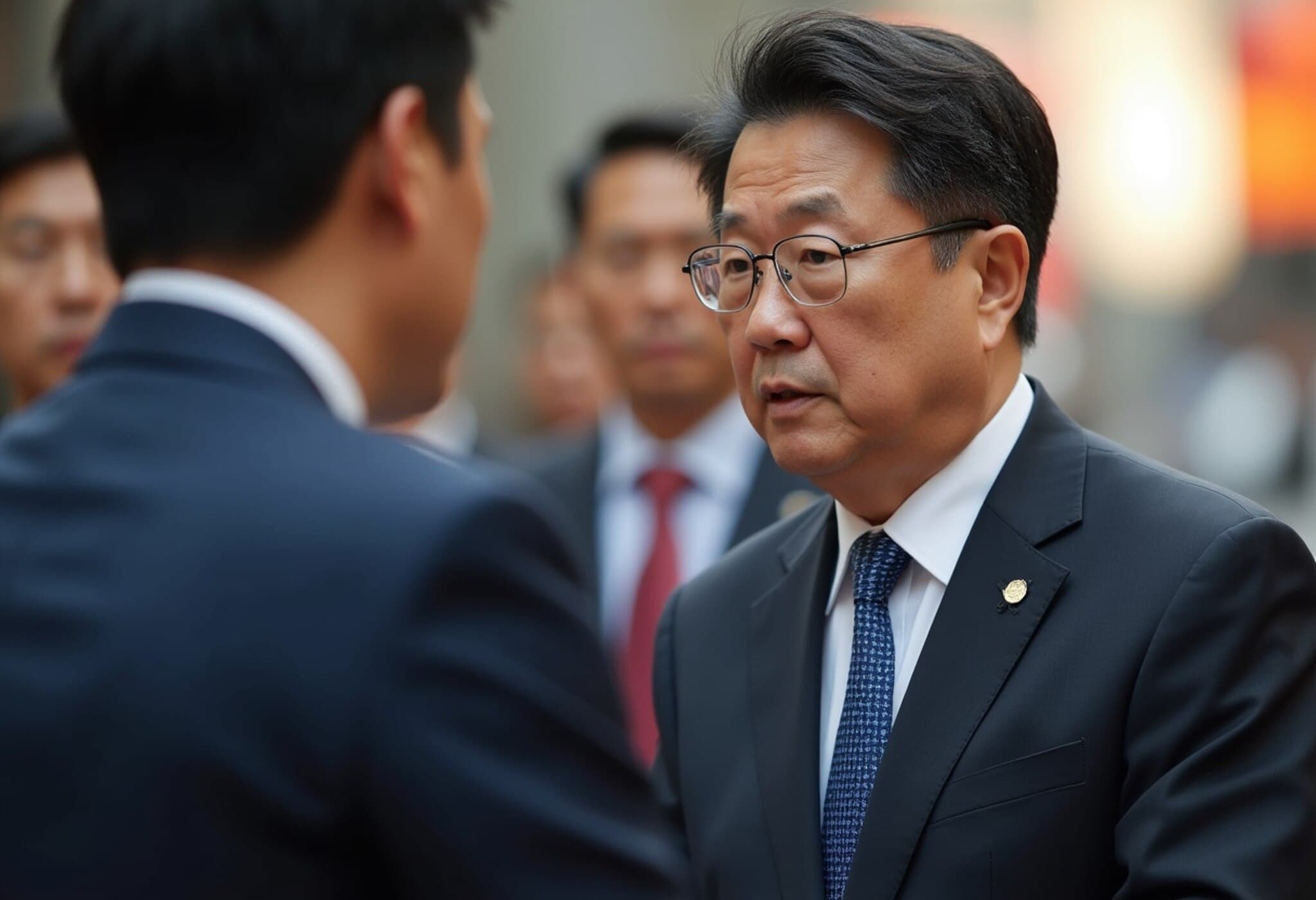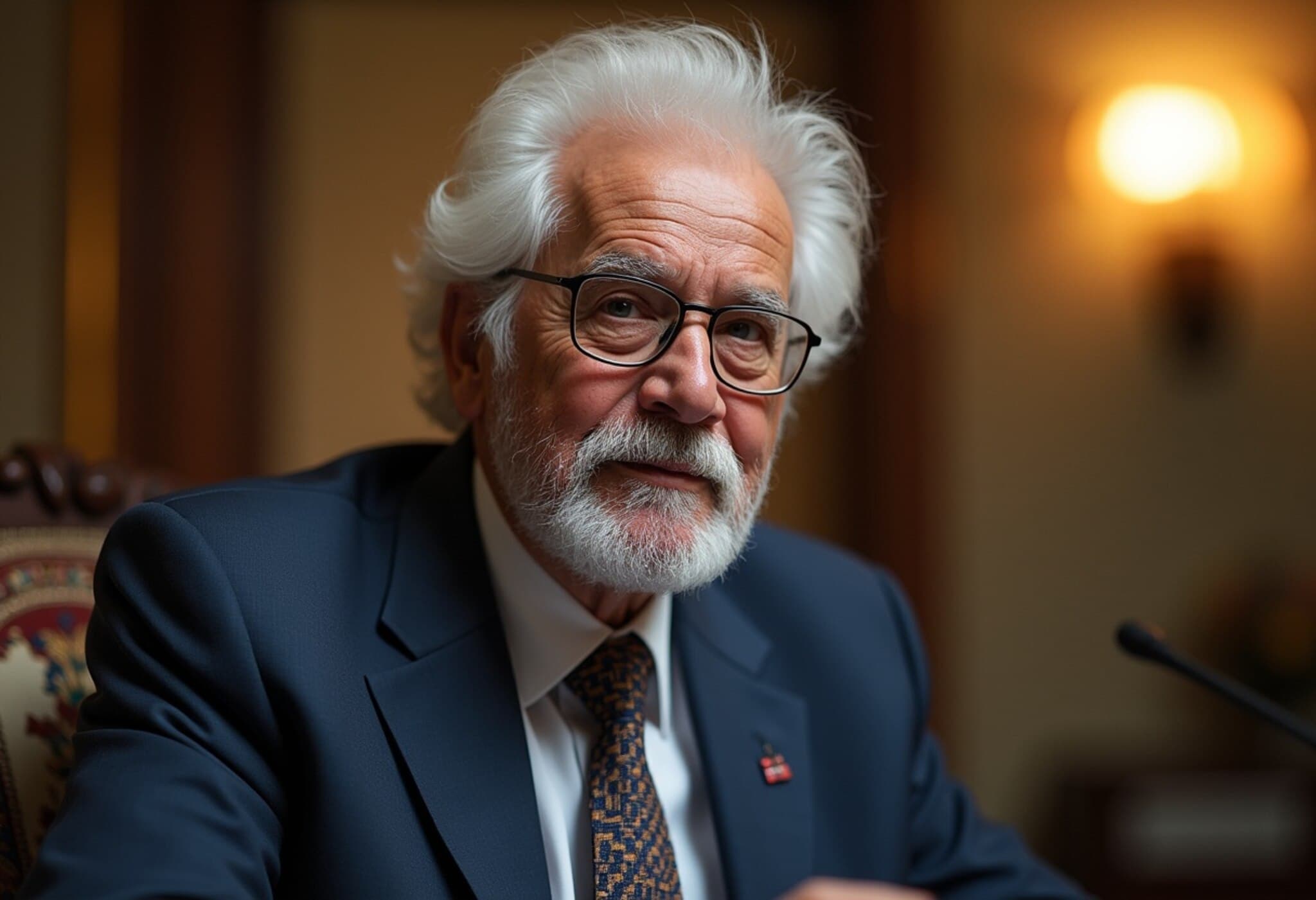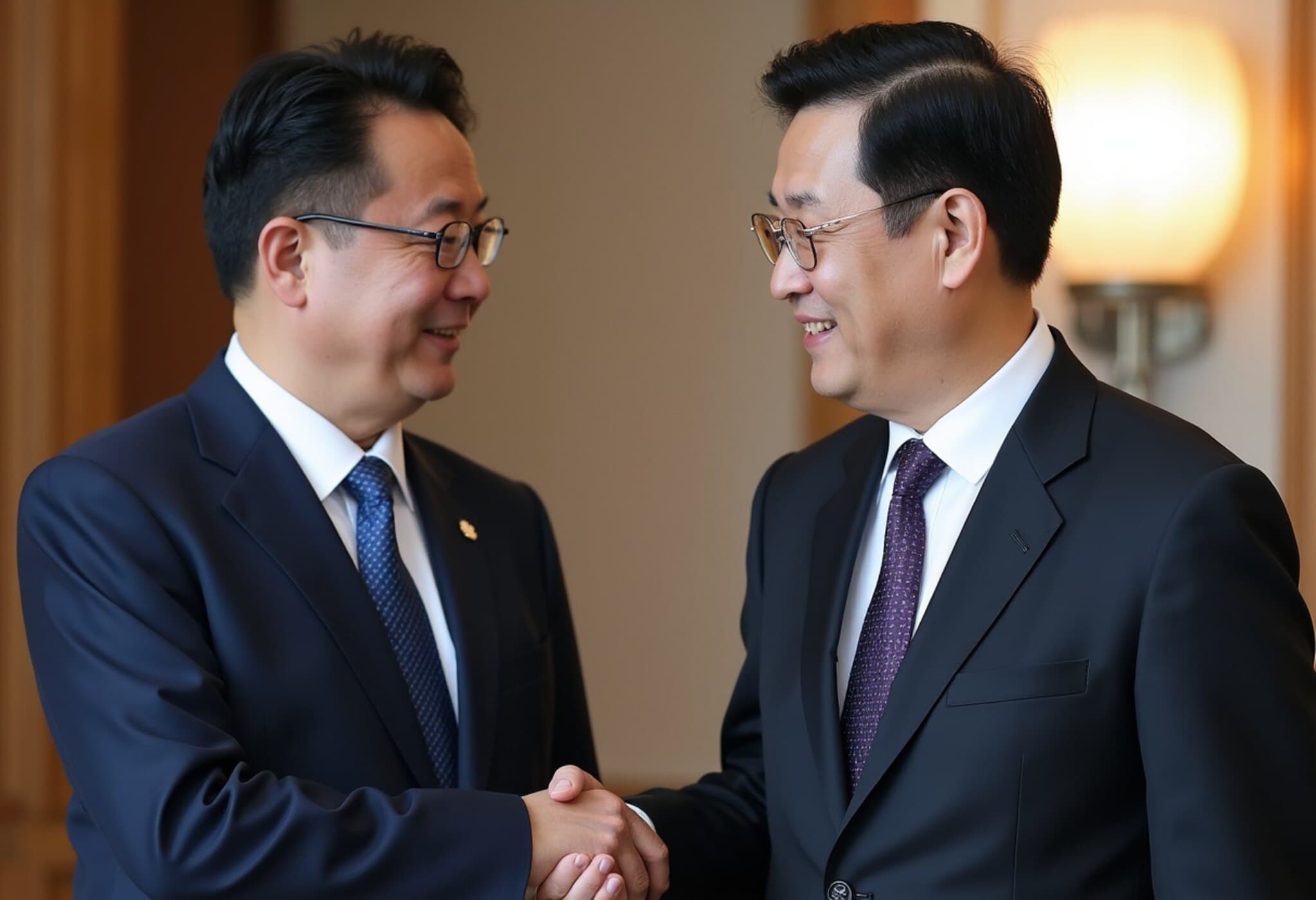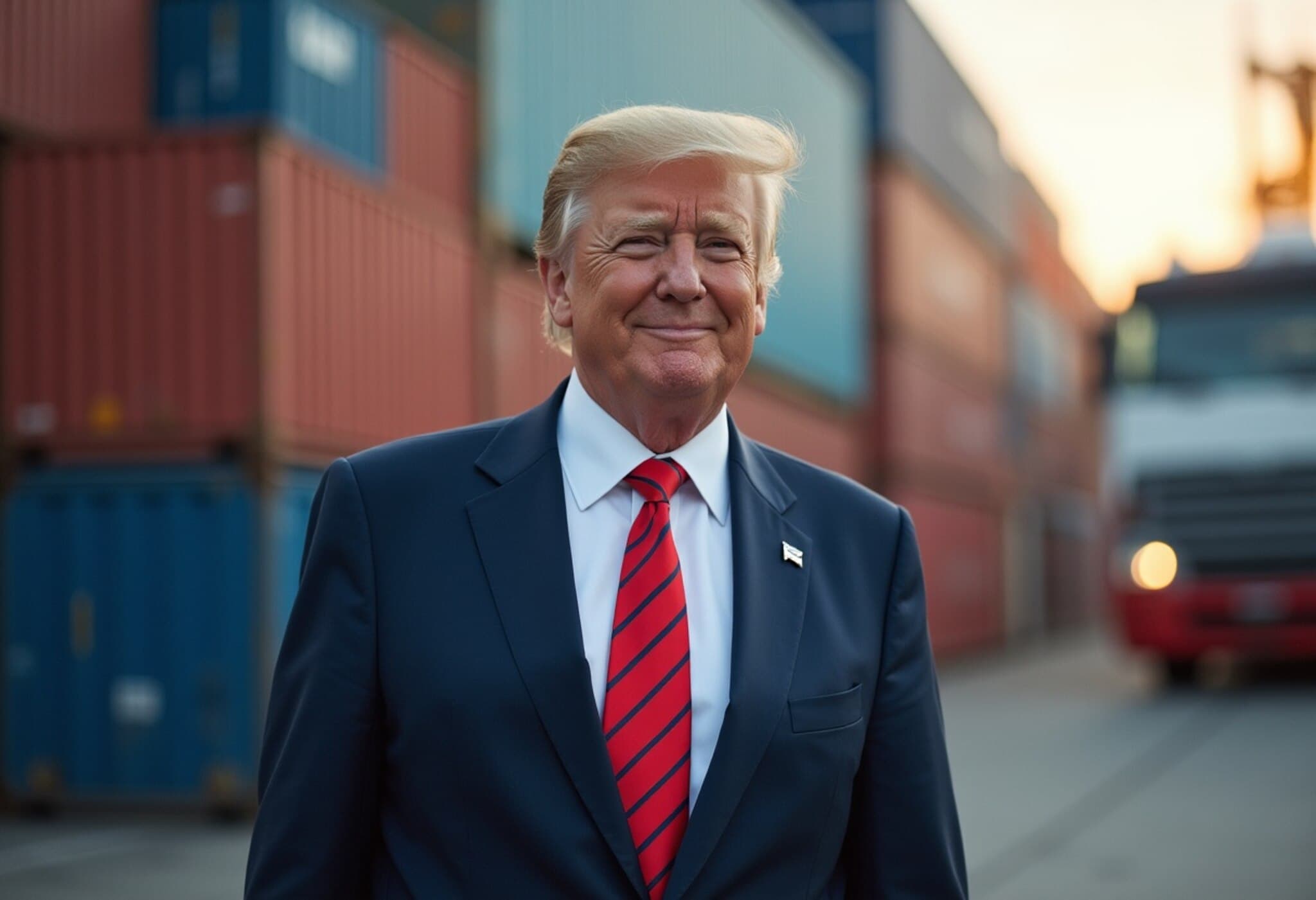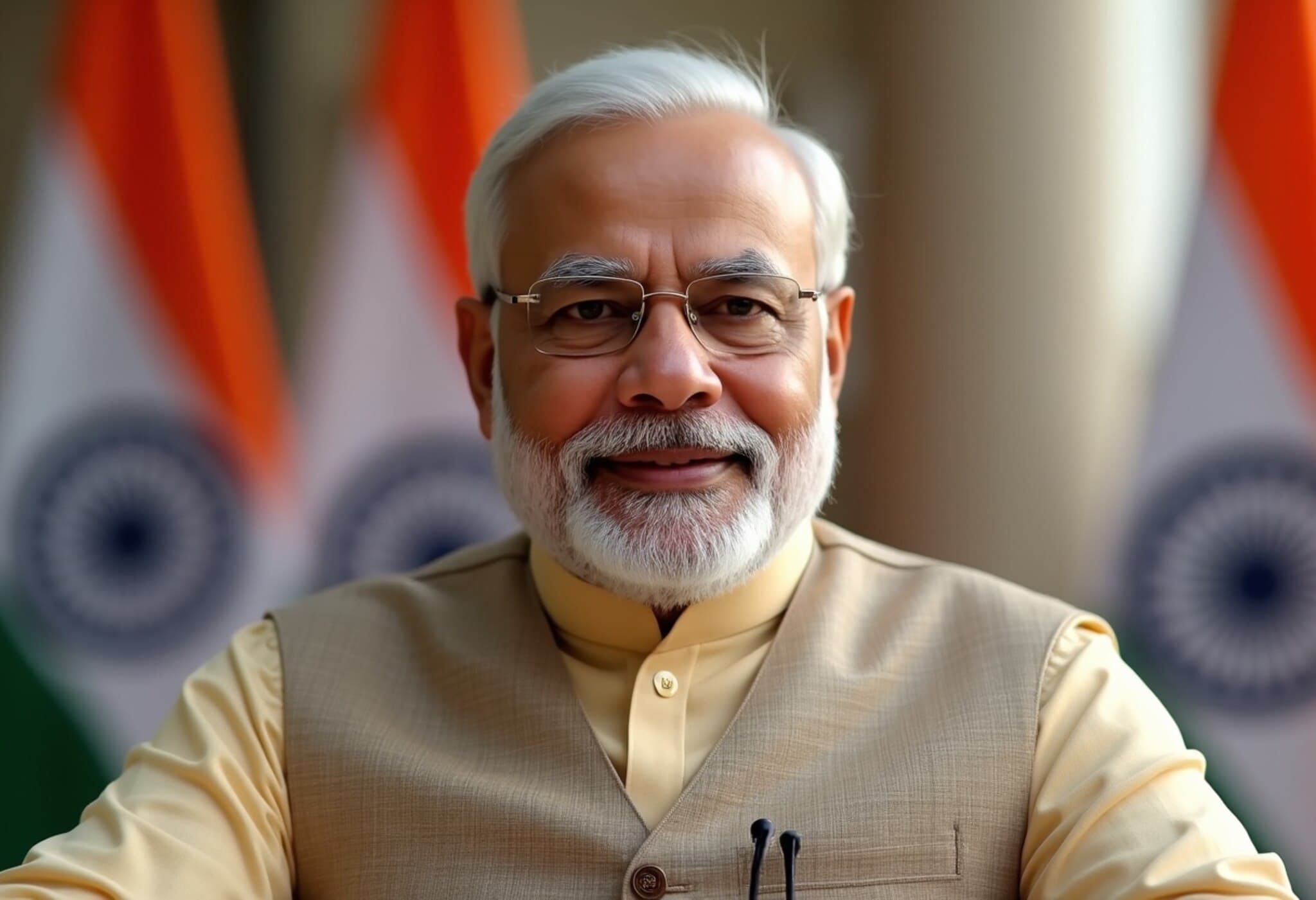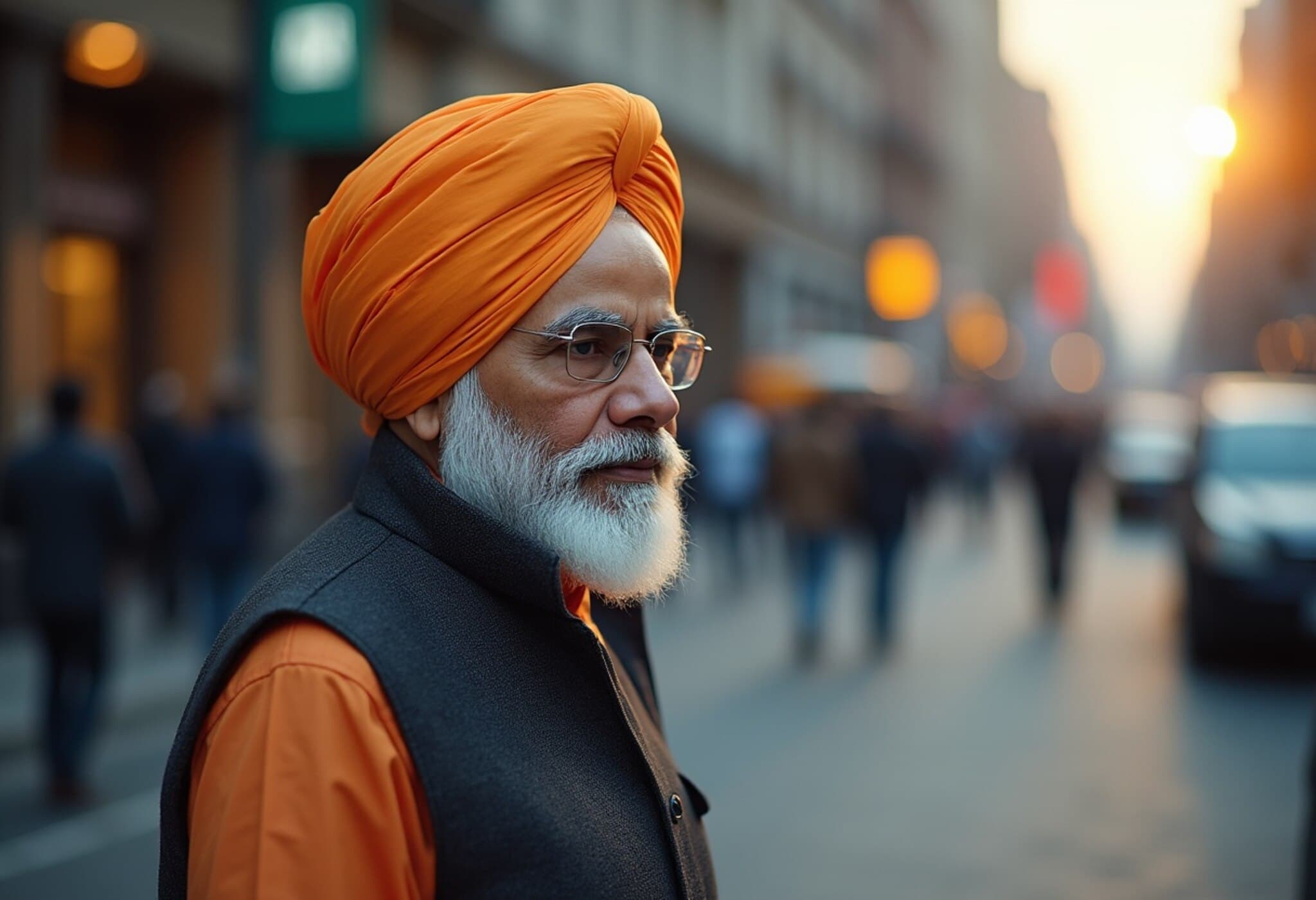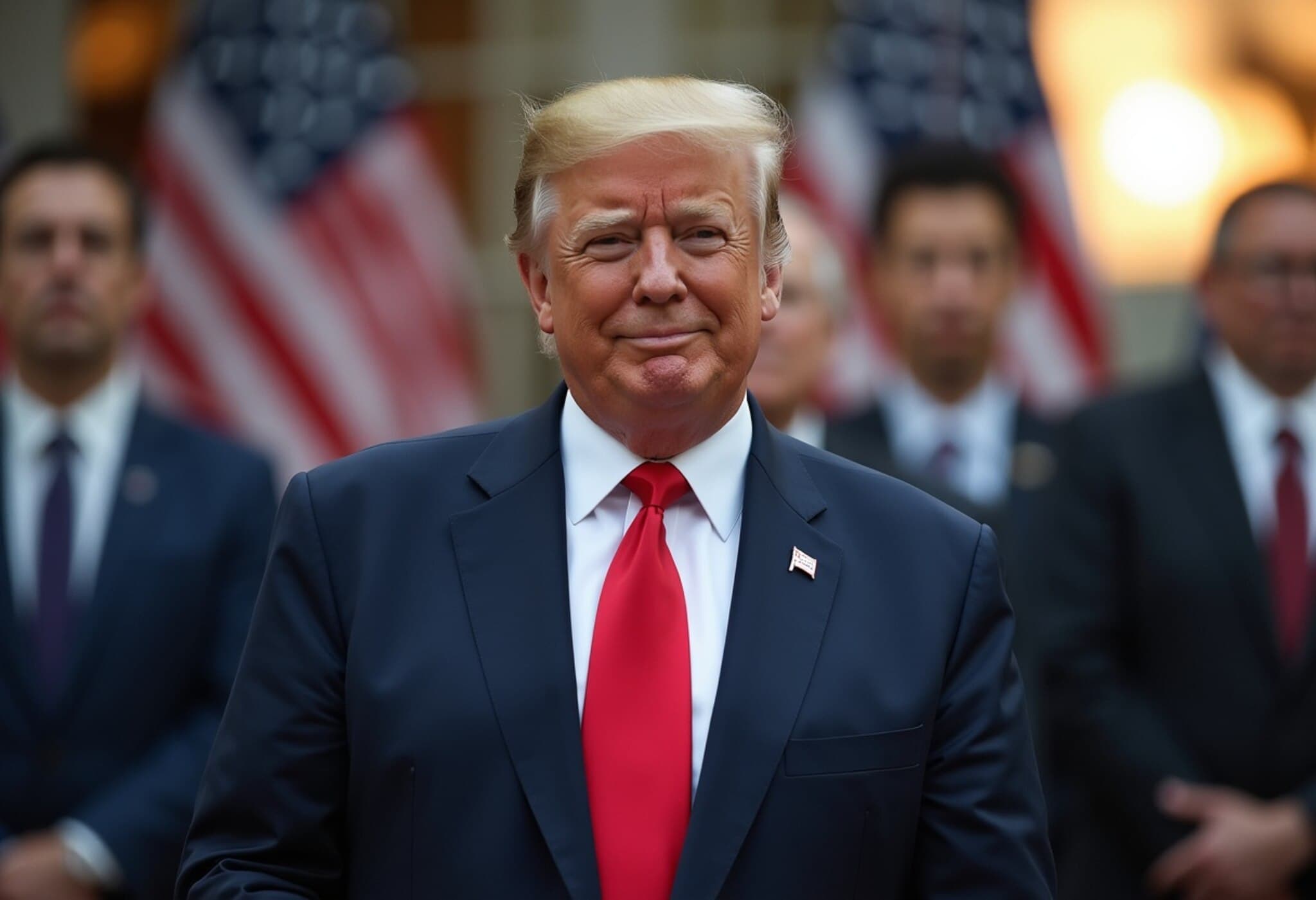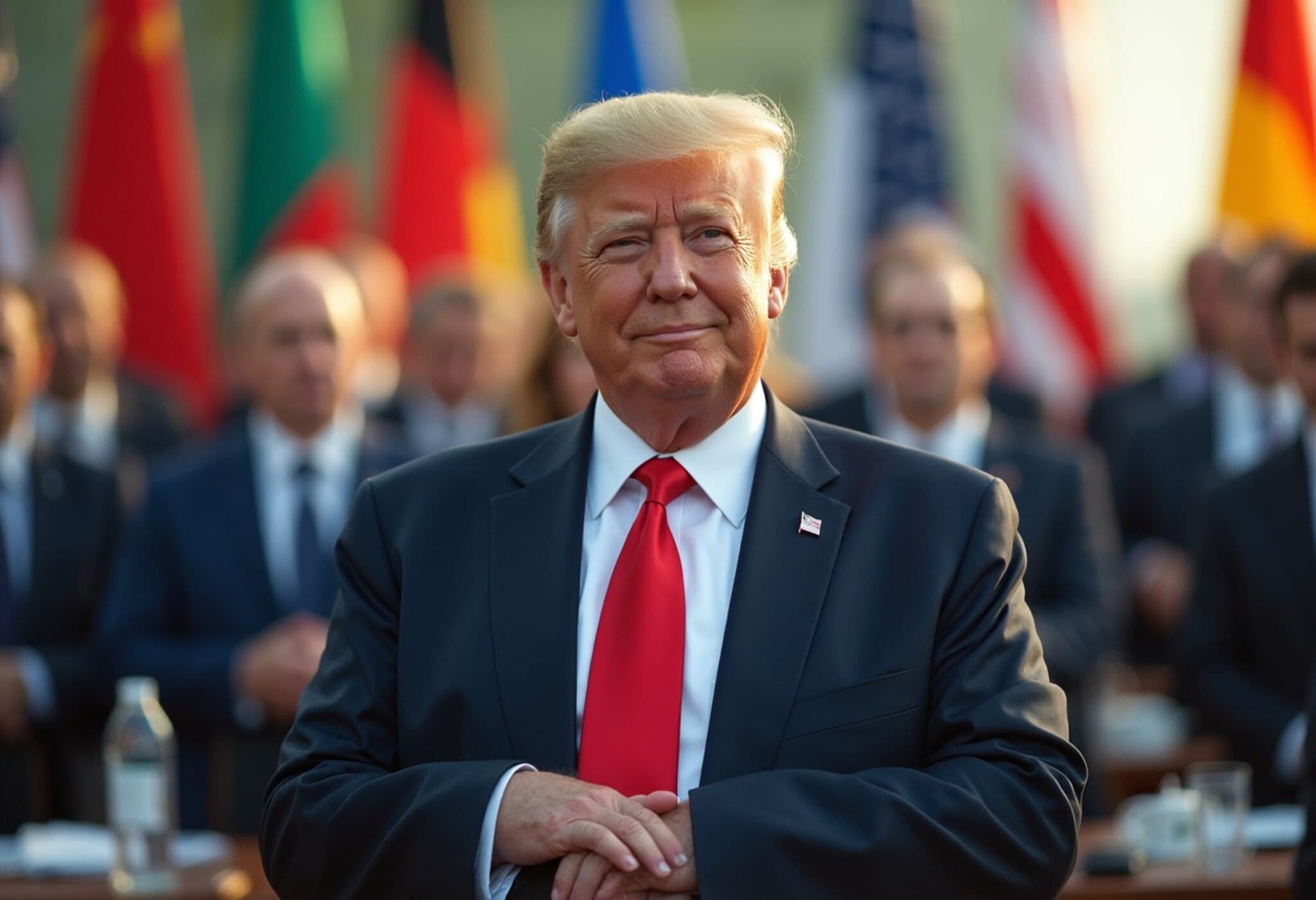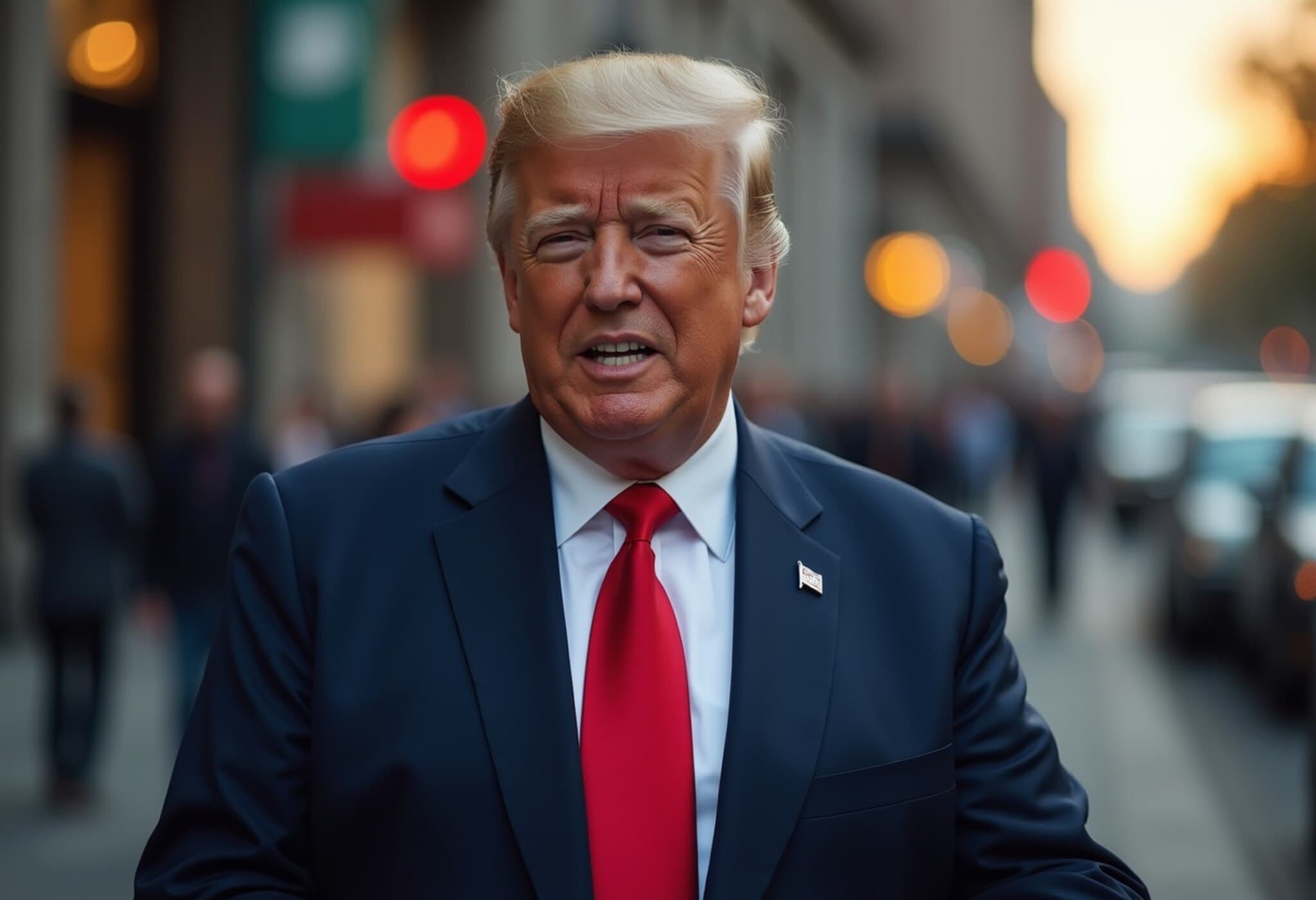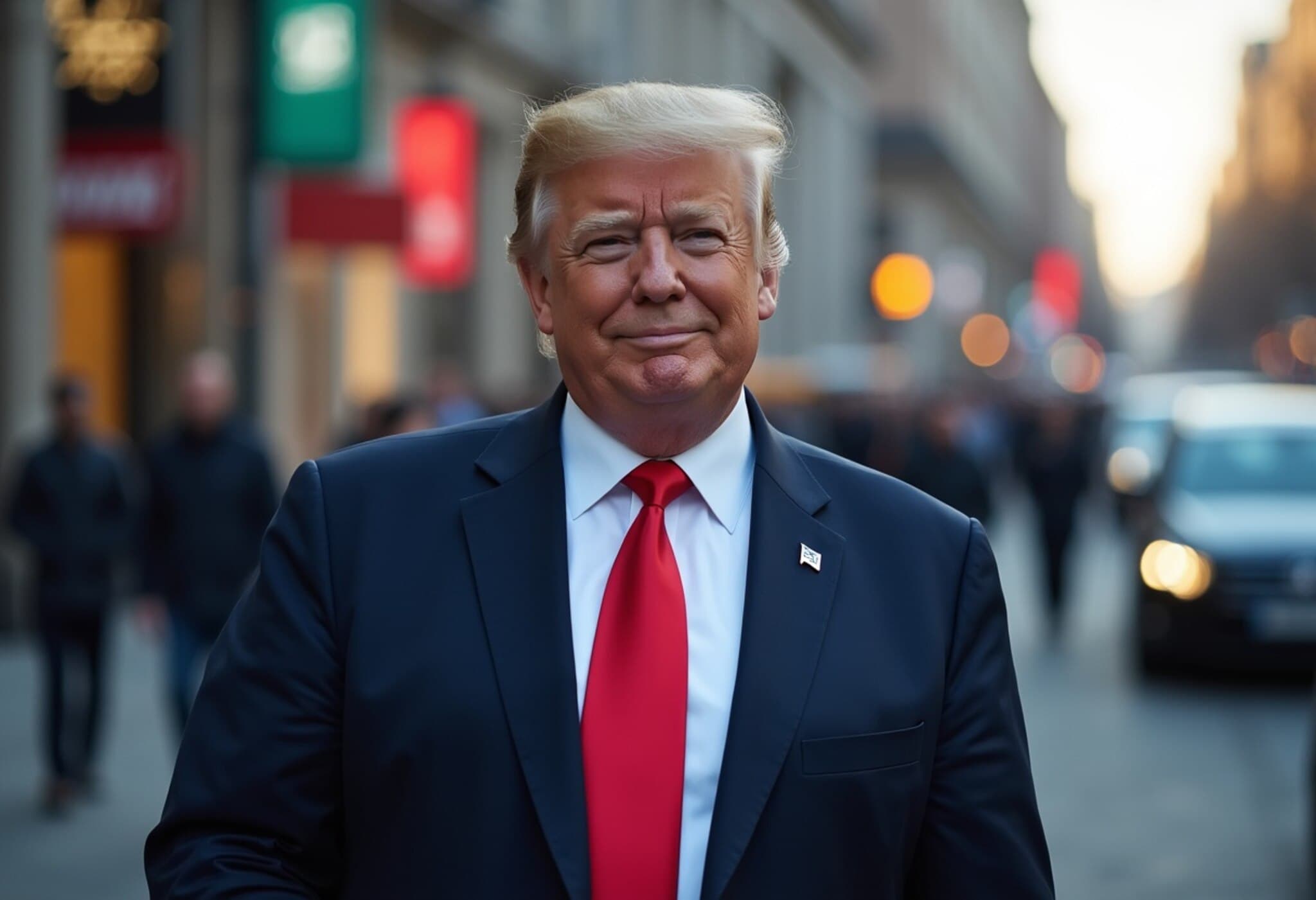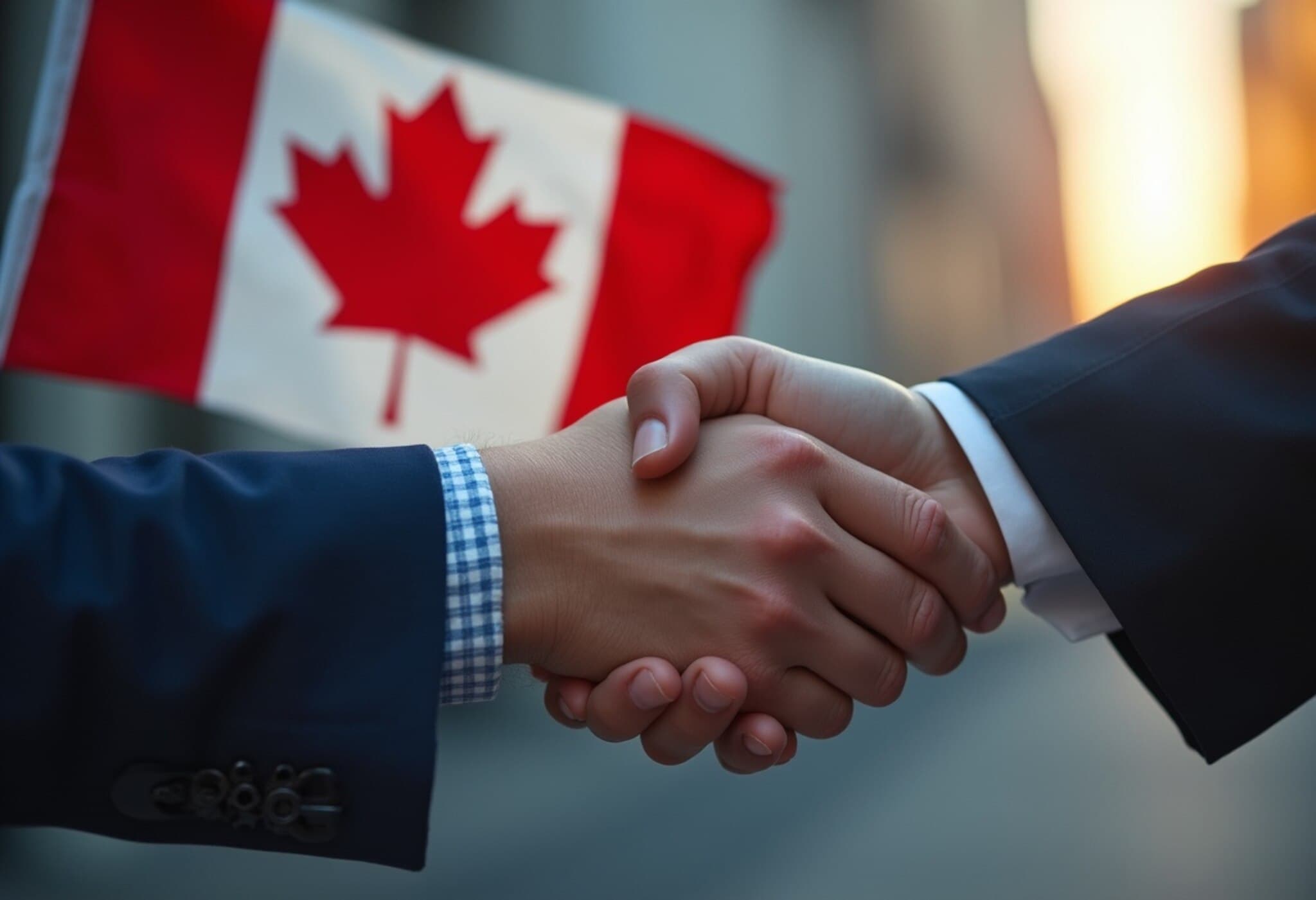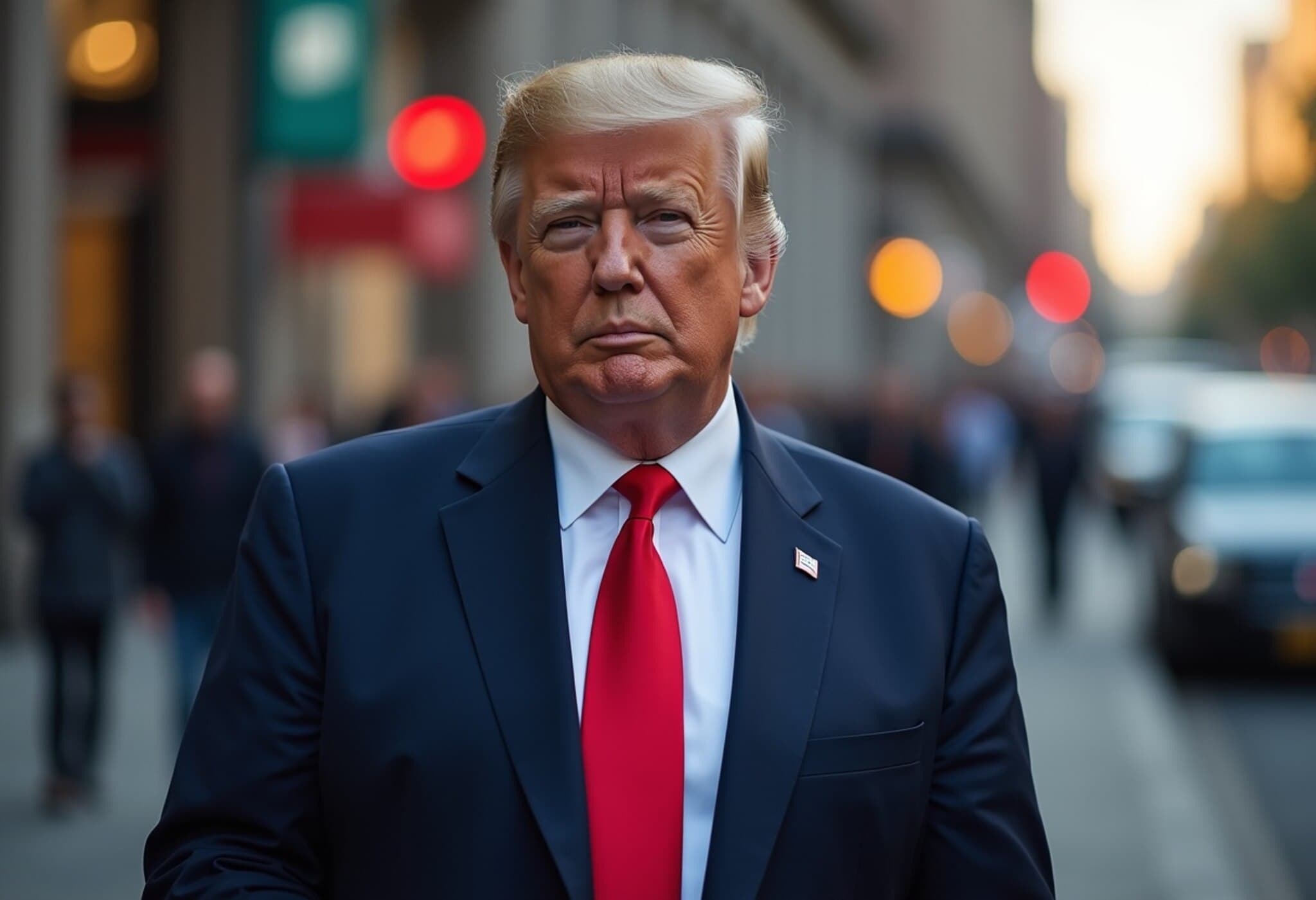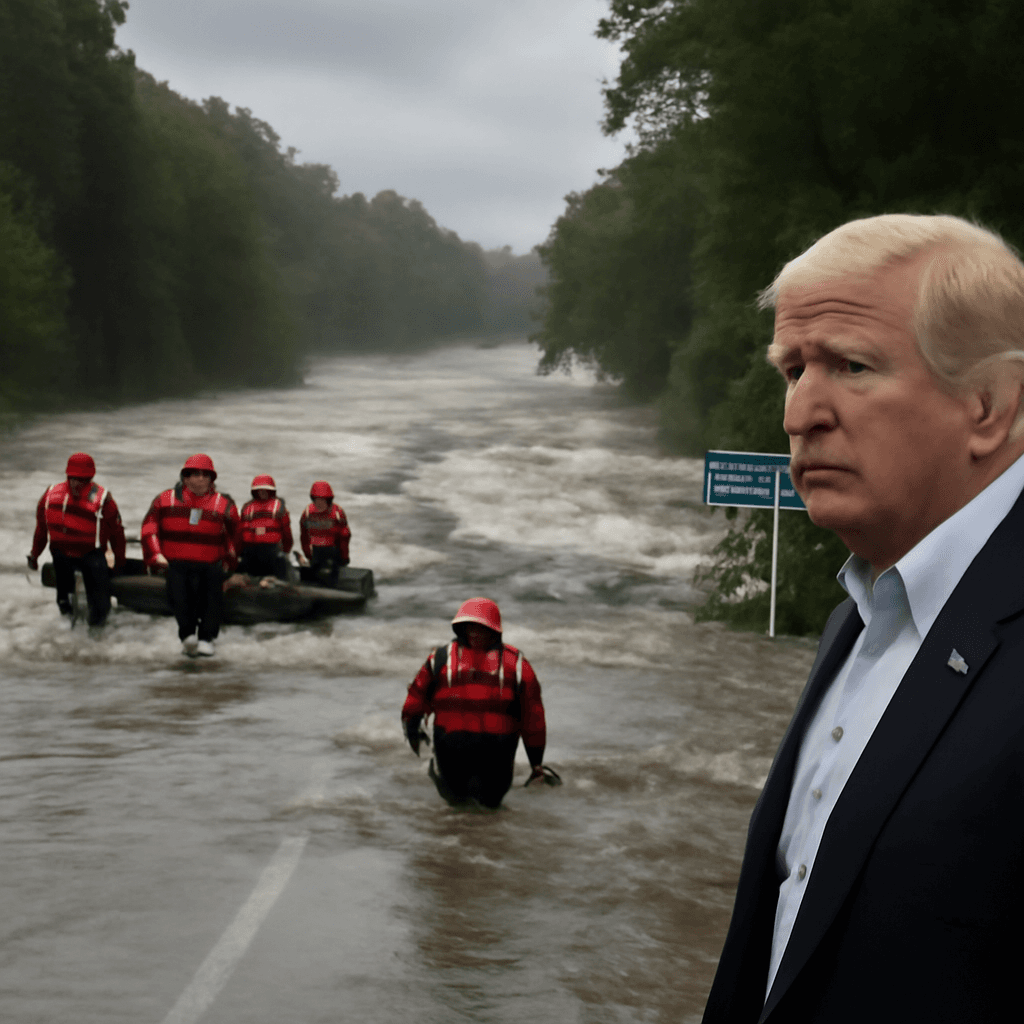South Korea Intensifies Trade Negotiations Ahead of US Tariff Deadline
As the August 1 deadline looms, South Korea is accelerating trade discussions with the United States to prevent the imposition of hefty tariffs that could disrupt one of Asia's largest economies. The Trump administration’s recent announcement of a 25% tariff hike on South Korean imports marks a critical test for President Lee Jae Myung, who assumed office just a month ago.
Diplomatic Signals Offer a Window for Agreement
Despite President Donald Trump's wave of letters warning of tariff increases to South Korea and more than a dozen other trading partners, there are diplomatic signals suggesting a possible extension to the timeline. The South Korean presidential office cited comments from US Secretary of State Marco Rubio, indicating that the deadline’s shift beyond the previously set July 9 date leaves room for negotiations.
“There is still time until tariffs are implemented on August 1,” Rubio reportedly said, emphasizing the importance of close communication to resolve the matter collaboratively. This development offers President Lee’s administration a chance to navigate complex trade issues while safeguarding economic interests.
Trade Imbalances and Market Reactions
South Korea’s Industry Ministry underscored its intention to ramp up talks to secure a "mutually beneficial result." The ministry also signaled plans to address domestic policies aimed at resolving the trade deficit concerns raised by the US.
- In 2024, South Korea reported a record $55.6 billion trade surplus with the US, rising 25% from the previous year.
- Rising exports of automobiles and electronics are among key contributors to the surplus.
- Under the US-Korea Free Trade Agreement (FTA), South Korea’s effective tariff rates are near zero, amplifying the stakes involved.
Market optimism has been palpable: the KOSPI index surged up to 1.6% amid hopes that an agreement could be reached before tariffs come into effect.
Political and Economic Stakes at Play
President Lee faces a delicate balancing act. Political analysts like Park Sang-byoung suggest the South Korean public is prepared for a firm negotiation stance, reflecting a national sentiment to avoid being "pushovers" but maintaining a pragmatic approach to not endanger relations or economic gains, especially compared to regional peers like Japan and Taiwan.
Prominent economists highlight the need to address not just tariffs but also non-tariff barriers and industrial cooperation, areas where Seoul might find common ground with Washington. Morgan Stanley’s Kathleen Oh noted that clarifying these issues could enhance Korea's chances of securing favorable terms.
High-Level Engagements and Future Prospects
Recent visits by South Korea’s top trade envoy and presidential security adviser to the US reflect the urgency of the situation. National Security Advisor Wi Sung-lac’s discussions with Secretary Rubio, coupled with plans for a potential summit between President Lee and President Trump, underscore the diplomatic efforts underway to avoid disruption.
South Korea initially hesitated before engaging in intensive negotiations but has since advanced talks following Lee’s June 4 inauguration. The administration’s focus now is to leverage the remaining time to achieve a deal that protects the nation’s economic growth and trade relationships.
Context and Broader Implications
The US decision to impose sweeping tariffs revisits historical tensions over trade imbalances, invoking debates reminiscent of previous US trade disputes with China and the EU. The move not only challenges South Korea’s export-driven economy but also highlights evolving US trade policies under the current administration, which prioritize bilateral leverage and reciprocal market access.
For US policymakers, rebalancing trade with South Korea aligns with broader efforts to address trade deficits while encouraging foreign partners to lower barriers that hinder American exporters. Yet, the challenge remains to strike agreements that maintain global supply chains and avoid retaliatory spirals that could escalate into broader economic conflict.
Underreported Perspectives and Critical Questions
- How will South Korean industries adapt domestically if tariffs are imposed?
- What role might congressional stakeholders and US industry lobbyists play in influencing tariff enforcement?
- Could this episode accelerate diversification of South Korea’s trade partnerships beyond the US?
- How will tariff threats impact South Korea's innovation and manufacturing sectors in the medium to long term?
Editor’s Note
The unfolding trade negotiations between the US and South Korea offer a revealing case study in the complex interplay of diplomacy, economics, and public sentiment in today's globalized world. President Lee's response in the coming weeks will not only influence bilateral relations but may also ripple across the Indo-Pacific economic landscape. Observers should watch closely how Seoul balances domestic reforms with international pressure, and how this episode may foreshadow future US trade strategies amid shifting geopolitical realities.

